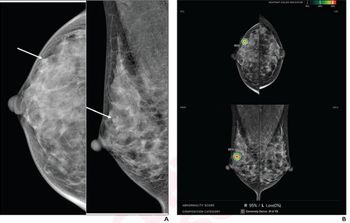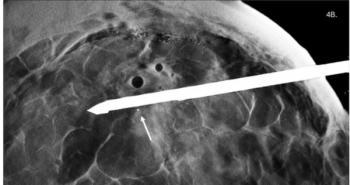
The Reading Room: Racial and Ethnic Minorities, Cancer Screenings, and COVID-19
In this podcast episode, Dr. Shalom Kalnicki, from Montefiore and Albert Einstein College of Medicine, discusses the disparities minority patients face with cancer screenings and what can be done to increase access during the pandemic.
COVID-19 halted all cancer screening services at the beginning of the pandemic, and slowly those scans have become more and more available -- but, not necessarily for everyone.
In many instances, racial and minority patients continue to face the same healthcare disparities that made it difficult for them to access the services at the outset. Now, the fear and trepidation associated with the pandemic are layered on top.
Despite these difficulties, there are things healthcare institutions and providers can do to help. In this episode of The Reading Room, Diagnostic Imaging spoke with Shalmon Kalnicki, M.D., chair of radiation and oncology at Montefiore and Albert Einstein College of Medicine about the challenges these patients continue to face with cancer screenings. Not only did he share with us how COVID-19 has impacted this existing problem, but he also outlined the steps institutions can take to improve this situation.
Newsletter
Stay at the forefront of radiology with the Diagnostic Imaging newsletter, delivering the latest news, clinical insights, and imaging advancements for today’s radiologists.














